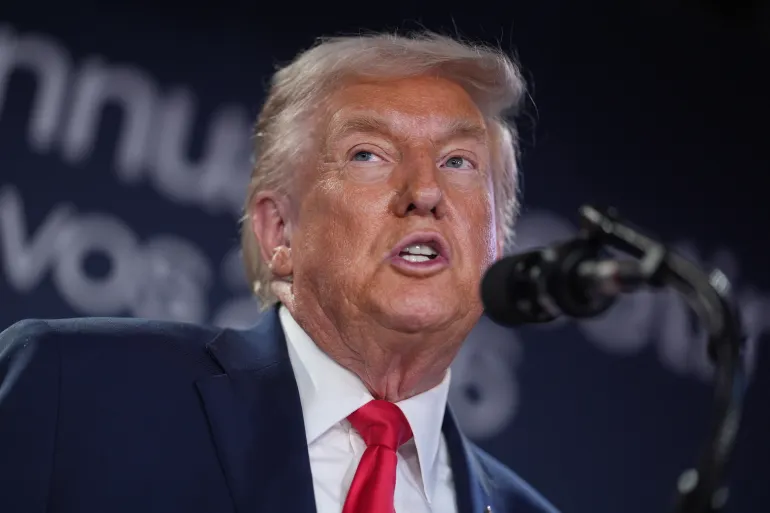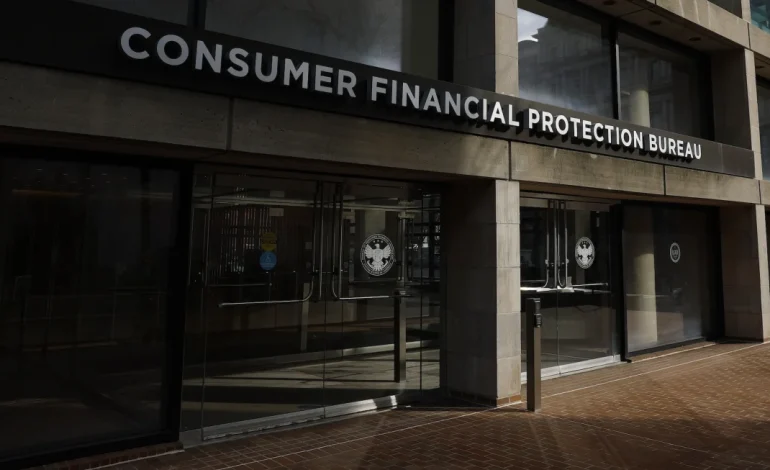In 2022, Elon Musk acquired Twitter, rebranding it as “X” with ambitions to transform the platform into an “everything app” that integrates various services, including financial transactions.
Musk envisioned a platform where users could exchange money and manage their financial lives directly. A significant move towards this goal came in early 2024 when X, under CEO Linda Yaccarino, announced a partnership with Visa to launch a digital wallet and peer-to-peer payments system, scheduled for release later this year.
However, Musk’s broader financial aspirations have raised eyebrows, particularly his efforts to dismantle the Consumer Financial Protection Bureau (CFPB), a key federal regulator established after the 2008 financial crisis. The CFPB’s mission is to protect consumers from financial exploitation and ensure that companies follow fair practices in areas like banking and loans.
Recently, Musk publicly advocated for the dismantling of the CFPB, posting on X, “RIP CFPB,” followed by a tombstone emoji. His involvement in these efforts is part of a larger push that has seen the Department of Government Efficiency (DOGE), led by Musk, taking actions that undermine the CFPB’s operations, including deleting its X account and accessing its internal systems. Subsequently, the CFPB’s acting director instructed staff to cease operations, which has alarmed consumer advocates.
Critics argue that Musk’s actions pose a direct conflict of interest, as he leads companies like X and Tesla that stand to benefit from weakened financial regulations. Tesla, in particular, has a finance arm that provides car loans, a business area regulated by the CFPB. Richard Painter, a law professor and former ethics lawyer in the George W. Bush administration, stated that Musk must recuse himself from any matters involving the CFPB to avoid violating criminal conflict-of-interest laws.
This situation has drawn concern from ethics experts and consumer protection advocates. Christopher Peterson, a former CFPB official, called Musk’s comments about the CFPB’s future troubling, suggesting that a recusal may not be sufficient given Musk’s vocal opposition to the agency.
“If the boss says, ‘CFPB RIP’ and that it should be deleted, recusal is a little late here,” Peterson commented.
Moreover, the CFPB’s work has been instrumental in securing relief for consumers. Under its enforcement actions, nearly $20 billion in relief has been directed to consumers harmed by unfair financial practices. Kathleen Engel, a law professor and former CFPB advisory board member, expressed concern that dismantling the agency could create a “Wild West” situation where consumers are left vulnerable to financial abuse.
Musk’s ambitions also extend to X’s growing payments platform, X Payments, which has already secured licenses to facilitate money transfers in 41 states. These developments, coupled with his vocal opposition to the CFPB, have fueled fears that weakening the regulator could hinder its ability to protect consumers in the rapidly changing digital payment landscape.
The White House has also weighed in, with a statement asserting that the CFPB’s role under the Biden administration had become an example of “weaponized bureaucracy.” The Trump administration, with figures like Russell Vought and others, has moved to halt the CFPB’s operations, including investigations and financial oversight. This has further contributed to the growing debate about the CFPB’s future.
With input from CNN, New York Post, and the Washington Post.










The latest news in your social feeds
Subscribe to our social media platforms to stay tuned